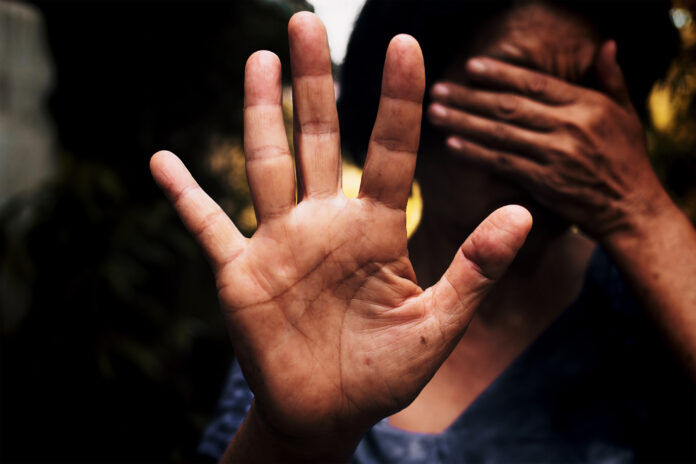
South Africa: The Department of Women, Youth and Persons with Disabilities will, on 25 November 2022, lead the launch of the 16 Days of Activism for No Violence Against Women and Children Campaign, at the Johannesburg Expo Centre, in Nasrec.
This year’s theme of the Campaign will be “Socio-Economic Rights and Empowerment to build Women’s Resilience against Gender-Based Violence and Femicide: Connect, Collaborate, Contract!”
The theme links to the National Women’s Month 2022 theme: Women’s Socio-Economic Rights and Empowerment: Building Back Better for Women’s Resilience. This is in line with the programmatic approach of the department, which focuses on both the social and economic empowerment of women. The objective of this theme is to break the bonds of dependency women in abusive relationships have on their abusers due to economic dependency.
The absence of social and economic power for women creates patterns of violence and poverty which over time become self-perpetuating, making it particularly difficult for the victims to detach themselves from abusive relationships.
The 16 Days Campaign is a United Nations campaign which takes place annually from 25 November (International Day of No Violence against Women) to 10 December (International Human Rights Day).
Given the heightened levels of violence against women, girls, children, persons with disabilities, elderly women, the LGBTQIA+ community, women migrant workers, women refugees and asylum seekers, and sex workers in the country, the Campaign has, over the years, evolved into a 365 Days Programme to fight the scourge of gender-based violence and femicide (GBVF).
This year’s theme also links the devastating impact of the COVID-19 pandemic and the long-term socio-economic impact of the virus. The effects of the virus are still being navigated and quantified, with women bearing the brunt of the shrinking economy, slow recovery, and increased unemployment.
Further global trends in the slowing down of markets and trade continue to impact the lives of women, who form the majority of informal and unprotected economic sectors. These conditions are fertile breeding grounds for the further marginalisation of women, predatory behaviour, increased dependency by women on men as breadwinners, and increased tolerance for abusive behaviour to access basic needs.
This year’s launch format will be presented as a Women Trade Expo, which will see a gathering of women businesses across the different sectors, including women’s SMMEs, Cooperatives and women informal traders. The aim is to bring the theme to life and foreground women-owned businesses, all working to claim a bigger share of an unequal economy.
The launch is planned in partnership with government departments, provinces, local government/municipalities and women in business associations and organisations. Women businesses will exhibit their products but also be able to sell products as well as network and collaborate with other women businesses and potential investors. The day will also have an element of empowerment through information and experience sharing through Breakaway Sessions that will be held after the formal launch of the Campaign.
Minister in the Presidency for Women, Youth and Persons with Disabilities, Maite Nkoana-Mashabane, has expressed excitement in bringing into life a platform that will allow women to showcase their businesses and further empower women in business.
“At the heart of our mandate as the department is to ensure that women, youth and persons with disabilities play an effective role in representation, ownership and control of income-generating assets within the economy,” said the Minister. In addressing inequality, we aim to address structural drivers of GBVF and break stubborn patterns of ownership that continue to impoverish and disadvantage women.
Minister Mashabane added, “As a government, we must view the participation of women in the economy as critical to ensuring the objectives of the Economic Recovery and Reconstruction Plan are met.”